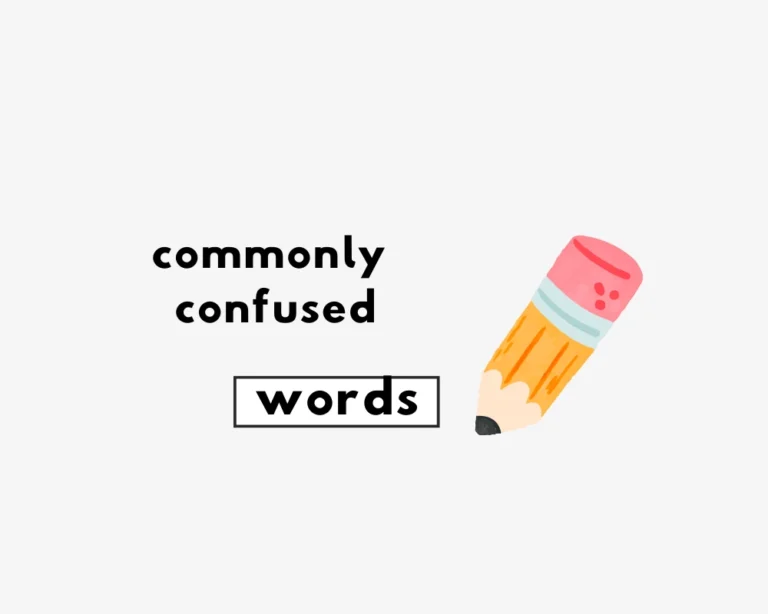What are appositive nouns in grammar?
An appositive or appositive nouns (also called a noun phrase) is a word or phrase that gives additional information on a noun or pronoun (usually its antecedent).
What does appositive mean?
Appositive is mostly used as an adjective that describes “the positioning of things or the condition of being side by side or close together”.
Also, “a relationship between two or more words or phrases in which the two units are grammatically parallel and have the same referent (e.g. my friend Sue ; the first US president, George Washington)”.
Restrictive vs. non-restrictives
- Clauses that are non-restrictive add information, and are nonessential to the meaning of the sentence.
- Clauses that are restrictive are essential to the meaning of the sentence (i.e., the sentence is ambiguous or unintelligible without them).
Practice using the verb in different tenses with example sentences to memorize the correct forms.
Commas with appositives
Enclose appositives that are non-restrictive or parenthetical with commas:
| Non-restrictives use a pair of commas: |
| The best way to see a country, unless you are pressed for time, is to travel on foot.
The audience, which had at first been indifferent, became more and more interested. |
Clauses that are restrictive do not use commas.
| Restrictive clauses do not use commas: |
| People who live in glass houses shouldn’t throw stones.
The people sitting in the rear couldn’t hear. The astronaut who first stepped on the moon was Neil Armstrong. |
Origin of the term ‘appositive’
1690s, “applicable,” from Latin apposit-, past-participle stem of apponere “set near, set before; apply, give in addition; appoint, designate” (see apposite) + -ive. As a noun in grammar, “words in apposition,” from 1847.
Read about types of nouns
Sources
- Harper, Douglas. “Etymology of appositive.” Online Etymology Dictionary, https://www.etymonline.com/word/appositive. Accessed 27 February, 2024.
- The Elements of Style, Strunk & White.
Worksheet
Which is grammatically correct?
What makes a sentence grammatically correct?
Question 3: What is the main focus of this grammar content?
Question 4: Which is most important for proper grammar?
Question 5: Grammar rules help with:
Question 6: What is the main focus of this grammar content?
Question 7: Which is most important for proper grammar?
Question 8: Grammar rules help with:
Question 9: What is the main focus of this grammar content?
Question 10: Which is most important for proper grammar?
Which aspect is most important when learning grammar?
How can you improve your grammar skills?











